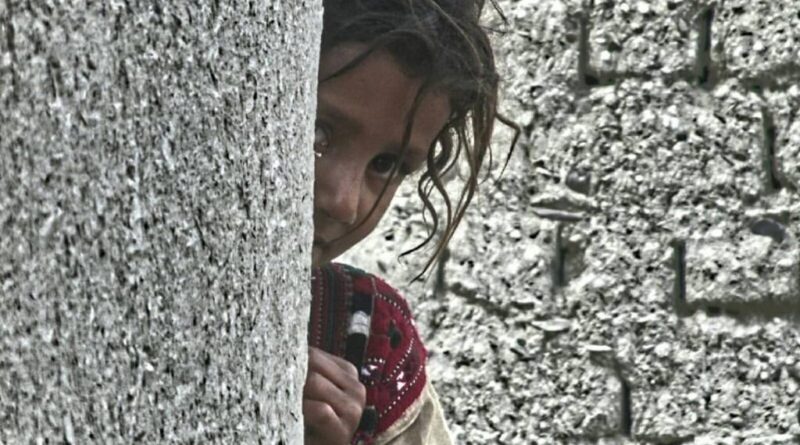Extrajudicial killings: Traced cases of Balochistan
Summary
In 2009, Pakistan state switched pace to what is known as the notorious Kill and Dump policy following years of enforced disappearances across Balochistan. It is estimated that more than 7,000 people were extrajudicially executed by Pakistan’s security forces since the year 2000. However, the actual number of cases is believed to be much higher than estimated given the strict blockades of communication and other means for verification.
In the majority of the cases, people have been picked up from homes during military operations or raids by personnel of security forces and secret service agents, who subsequently later denied knowledge of their whereabouts to the family members. In many cases, family members witnessed their loved ones being taken away by security forces only to be found later killed and dumped in deserted areas. Moreover, on several occasions, security forces assured family members that their loved ones would be released after due interrogation but their bullet riddled bodies were later found or handed over to local administration without any explanation.
Throughout these years, the federal and provincial governments disturbingly remained silent and most often avoided questions of culpability and have denied the existence of extrajudicial executions. Balochistan’s Home Minister Zia Langove, on several occasions, defended the killings by saying that it was a matter of “national security and those who were killed were terrorists and were killed in crossfire”. However, the evidence and eyewitnesses accounts show a different picture.
This report examines the allegations of enforced disappearances and extrajudicial executions associated with Pakistan’s military and intelligence officials. It is primarily based on the incidents of extrajudicial executions in Tehsil Mand of Kech district. Mand, a small town on the border of Iran, was once the center of Baloch nationalist masses.
The Human Rights Council of Balochistan (HRCB) investigated 19 incidents of extrajudicial executions and interviewed several people including surviving victims, eye witnesses and relatives of those killed. In the cases investigated, there was a clear pattern of enforced disappearance followed by extrajudicial execution of the victims. Almost every surviving victim was seriously warned to remain silent or else be exposed to harsh consequences.
This highlights the need of independent investigations to establish the truth about what happened and, where sufficient admissible evidence exists, to ensure that those suspected of these crimes are prosecuted in fair trials. The Government of Pakistan should follow up on its commitment to fulfil its obligations under international human rights law to investigate reports of extrajudicial executions, arbitrary arrests and other serious violations at the Universal Periodic Review before the UN Human Rights Council in November 2022.
To Read Full Report Click HERE

